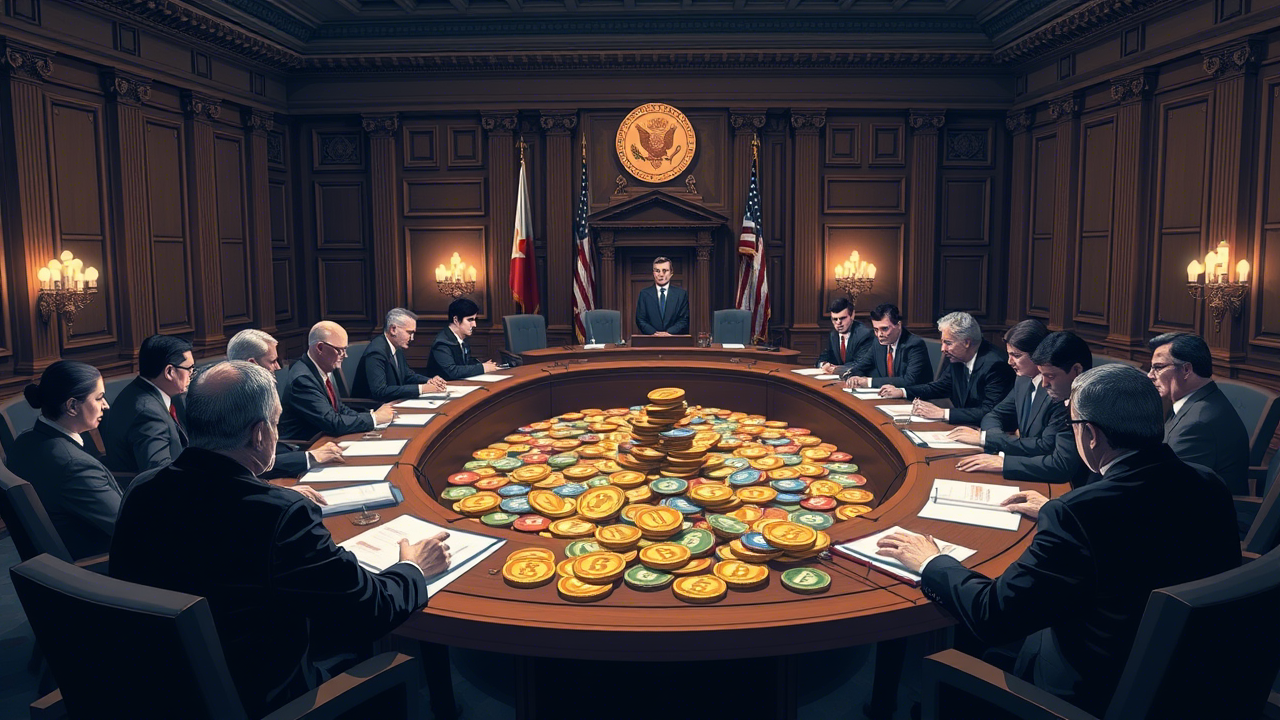The U.S. House Agriculture Committee hаs voted to advance the CLARITY Act, a legislative proposal aimed at establishing a formal regulatory framework for digital assets. The vote comes as members of the House Financial Services Committee simultaneously reviewed a developer-focused amendment to the bill.
Lawmakers on the House Agriculture Committee voted 47-6 on Tuesday to move the Digital Asset Market Clarity Act forward, signaling strong bipartisan support for creating clear rules around digital assets.
Committee Chair GT Thompson, in his opening remarks, confirmed that the bill is set to move to the full Hоuse for consideration. He noted that lawmakers who wish to express dissenting opinions will have until Friday to formally submit their comments.
Related: CFTC Opens Door for National Trust Banks to Issue Stablecoins
“Ultimately, we are left with one inescapable conclusion: congressional action is needed to bring these assets under federal oversight. Federal oversight will ensure that customers in every state are afforded the same comprehensive protections, and that Americans can innovate, develop, and build with digital assets, free from the fear of federal enforcement actions,” Thompson stated.
The CLARITY Act, introduced in May, aims to bring long-needed regulatory clarity to the U.S. digital asset sector. Its backers say the legislation would create clear operational guidelines for crypto firms, while also settling a key jurisdictional question: whether oversight should fall to the Securities and Exchange Commission (SEC) or the Commodity Futures Trading Commission (CFTC).
Thompson also emphasized the collaborative effort behind the bill, noting that a wide range оf voices, from industry leaders to regulators, were involved in shaping the legislation.
Related: Judge Allows Insider Trading Lawsuit Against Coinbase Execs
Additionally, the Committee Chair stressed that the absence of clear rules has already cost the U.S. its leadership in digital asset innovation over the past four years. Stakeholders have made it clear, that without a regulatory framework, America risks falling behind.
The CLARITY Act’s advancement marks a step toward broader congressional negotiations over how digital assets should be regulated, as lawmakers continue grappling with how to balance innovation, oversight, and investor protection in a rapidly evolving financial landscape.












